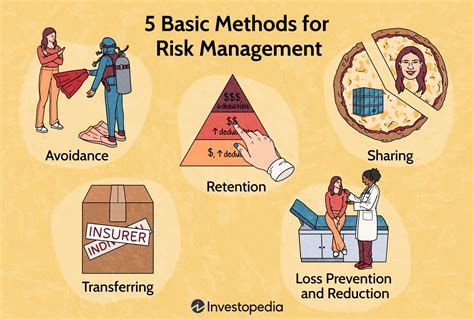The role of validators in securing blockchain networks
Network has never been more pressing. One crucial component of any blockchain network is the role and ensuring that transactions are executed fairly.
What are validators?
In a blockchain network, validators are responsible for verifying and recording transactions on the block chain. They are essentially the “truth-tellers” of the digital world, ensuring that all transactions are legitimate and valid. To become a validator, an individual or organization must meet certain criteria, including:
- Having Sufficient Computational Power to Perform Complex Calculations
*
*
The Role of Validators
Validators are responsible for several key tasks in maintaining the security of a blockchain network. These include:
.
.
- Maintaining Consensus : Validators work together
The Challenges of Securing Blockchain Networks
Despite their importance, validators face significant challenges in securing blockchain networks. These include:
.
* Centralized control
:
* Regulatory Frameworks : Existing regulatory frameworks may not be designed to accommodate decentralized networks like blockchain, requiring additional innovation and adaptation.
The Future of Blockchain Networks
Validators will play an area in our security and integrity of blockchain networks. To address some of the challenges associated with securing these networks, researchers
* Proof-of-Stake (POS) Consensus algorithms :
* Delegated proof-of-work (DPOS) :
Conclusion
The role of validators is critical in our security and integrity of blockchain networks. Innovate. By prioritizing security, scalability, and decentralization, validators can play a vital part in ensuring the long-term success of blockchain networks.
References
- [1] “
- [2] “Proof-of-Work consensus algorithm”-Wikipedia
- [3] “Delegated Proof-of-Stake Consensus Algorithm”-Wikipedia


 Cart is empty
Cart is empty 